Podcast: Play in new window | Download
Subscribe: RSS
In this week’s episode, we discuss strategies to stay connected with your clients, a process that is more important than ever. Specifically, we look at the role of client feedback and how and why it’s changing. Client needs are changing and so to must the ways in which we gather feedback.
Takeaway Quote:
“Asking the right questions and understanding how clients are feeling is critical if you want clients to hear the advice you are delivering.”
Show Timeline:
2:29 Why gathering client feedback is more important now than ever
8:08 What is client ‘Self-Confidence’ and how does it relate to satisfaction and loyalty
12:15 The difference between client feedback and client input
17:13 Client surveys: What’s changed and what’s going to change going forward?
21:49 Ways advisory boards have changed and how to adapt electronically
29:58 Acknowledging the crisis while understanding people are getting tired of talking about the crisis
Links:
The Client Driven Practice: 7 Ideas to Make Your Virtual Client Advisory Board Work
Julie Littlechild Video: The Evolution of Client Feedback
Want more?
Stephen Wershing:
Website: http://advisorchecklist.com/blog/
LinkedIn: https://www.linkedin.com/in/stephenwershing/
Twitter: @swershing
Julie Littlechild:
Website: www.absoluteengagement.com/blog
LinkedIn: https://www.linkedin.com/in/julielittlechild/
Twitter: @jlittlechild
Episode Transcript:
Steve Wershing:
Welcome to Becoming Referrable, the podcast that shows you how to become the kind of advisor people can’t stop talking about. I’m Steve Wershing. On this episode, we talk about the importance of gathering client feedback, even now, while things are in turmoil and the markets can be volatile.
During these times it’s easy to put aside projects like getting client feedback because you are busy following up with clients, or because you’re busy taking care of some of their special needs, but we want to emphasize that it is more important than ever, to be getting client feedback and guidance, maybe even especially, when there are times like these.
Julie and I talk about what kinds of differences there are and what clients are worrying about and how that would affect your level of service. And we talk about the different kinds of needs that they have. We revisit our interview with Peter Atwater, who talks about how your communication with clients needs to change when things get a little wild and people start suffering a lack of confidence.
We talk about the important difference between input and feedback and which one of those you should really be aiming for, in times like these. We talk about what you need to be sensitive to and how to ask what kind of questions, so that you don’t come across as tone-deaf and come across as caring, even while you are asking for that kind of feedback.
And at the end, we talk about what kinds of things you should do today, in the way of client feedback, even during these crazy times. We hope that this episode has some helpful tips and guidance for you. And so here is my conversation with Julie about why client feedback is more important than ever.
Julie Littlechild:
So Steve, I always love these times when we get to talk, just you and I-
Steve Wershing:
I do too.
Julie Littlechild:
… the way we do.
Steve Wershing:
Exactly.
Julie Littlechild:
And it’s kind of an interesting time, I think, because our worlds, like so many others, have been turned upside down over the last few months. And because we’re both in the business of helping advisors to understand what their clients are thinking and gather feedback, I thought it would be an interesting time if we just hit pause right now and just asked, is feedback something we should even be talking about right now? Is it relevant in the current environment? I’d love to get your take on that.
Steve Wershing:
Yeah, and I’m interested in hearing your perspective on it too. It’s interesting because I think as all of these things lately have popped up, I think a lot of advisors think about collecting client feedback as sort of a normal thing to do on a fairly regular basis, during normal times. And these are not normal times, so I suspect a lot of those projects have been put aside.
But I think it’s great for us to be talking about this now, because I think it’s more important than ever to collect client feedback because we’re in a time when complacency is broken. We may not ask the same kinds of things. We may not ask about, how do you like the experience of working with us, but it’s more important than ever to find out what’s on people’s minds. Because I think during times like this, clients have an increased need for contact, they have an increased need for assurance and what they expect from their advisor and their demands of service are probably changing.
Julie Littlechild:
You used the term complacency is broken. What do you mean by that?
Steve Wershing:
Well, what I mean is that before all of this started, back a few months ago, things were a little bit more predictable and you could map out… And the things that clients would go through, one client’s experience would be similar to another because even though it was at a different time, it was the same kind of transition that you were ushering, that you were guiding people through. And now everybody’s expectations are a little bit different because we’re all now dealing with the pandemic and unrest and a volatile market and all kinds of things that were not true before when things seemed a little bit more stable and a little more consistent.
Julie Littlechild:
So it’s kind of an interesting, I don’t know, conundrum almost to say we need to reach out to clients more than ever, but if I were to play the role of advisor, I imagine I’d be saying, because I’ve heard this, things like, but I don’t have time, clients are busy, they’re distracted. What do you think about all of that in the context of needing to speak to them in a different way?
Steve Wershing:
Yeah. Well, I think clients still have expectations and I think it’s more important to reach out and talk with them because those expectations have probably changed.
I’m thinking back to the interview that we had on the podcast of Peter Atwater and talking about being in the state of under confidence and that it narrows your cognitive capabilities and that you need to change your messaging when that happens. As you and I talked today, Julie, things are a little bit more calm, relatively calm, but that’s going to be going up and down over time. And when things get more stressful, people’s cognitive viewpoint narrows a little bit, and so they’re less able to process more abstract thoughts.
So where before you could say, “Hey, envision your retirement. What kinds of things do you see coming?” And what Atwater said was, it needs to move to the here and me and now. And so what clients need to hear from us, is changing in a qualitative way. And so I think it’s even more important that we reach out to folks and at least, in our experience and a lot of the advisors that you and I have spoken to on this podcast, people are not too busy to talk with us. In fact, they really welcome the opportunity to talk with us.
Julie Littlechild:
Yeah. And I would say that our views on this have changed quite dramatically, even over the last few months. But one of the things that you raise and I think is a really important point here, is that during times of uncertainty, so many advisors I talk to, almost lean toward, “Well, I’ve got to get in front of my clients. I’ve got to reassure them. I’ve got to share my advice.”
But there’s a point when helping them actually hear that advice is more important. And I think asking the right questions, understanding how clients are feeling, becomes a critical part of helping them to hear the advice that you want to deliver.

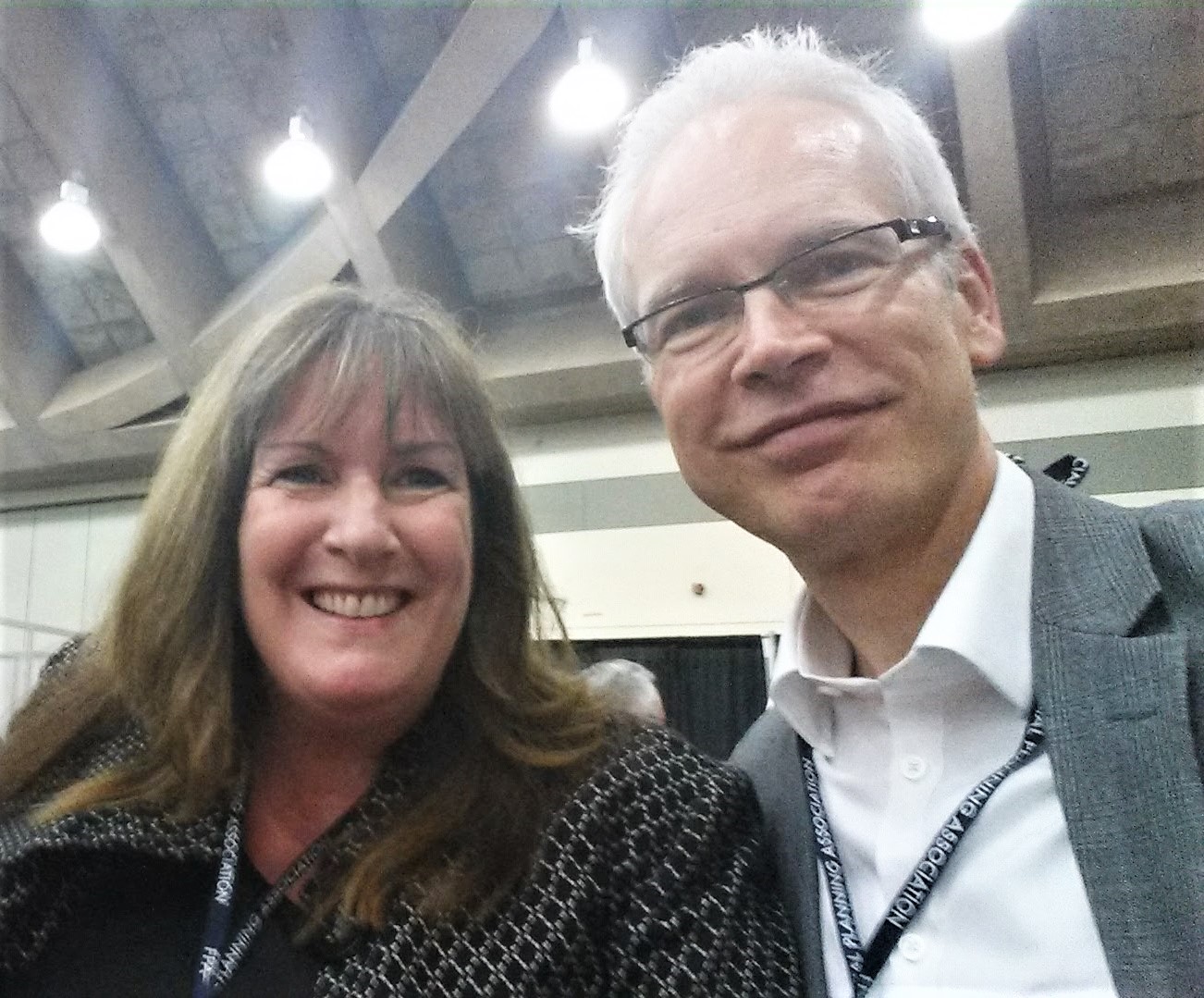

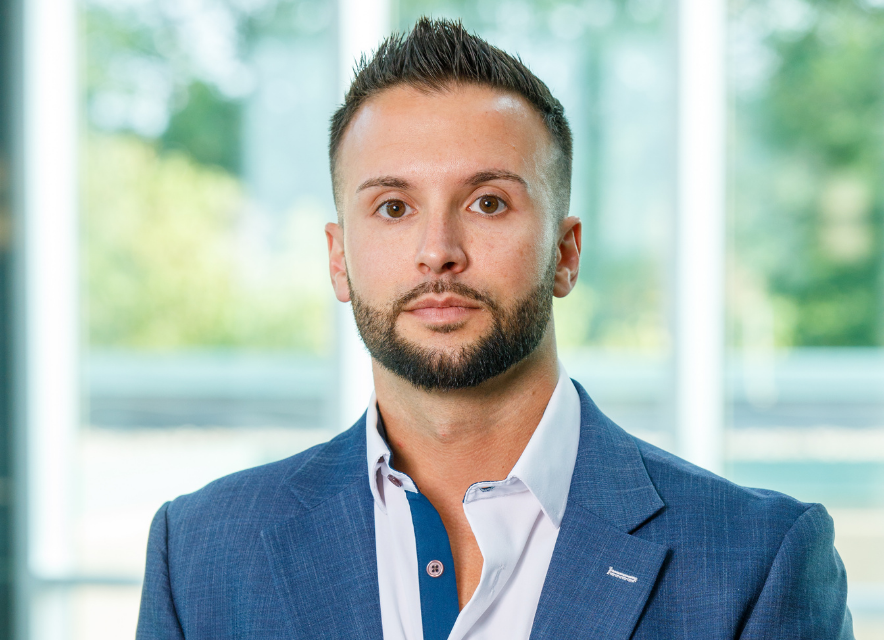
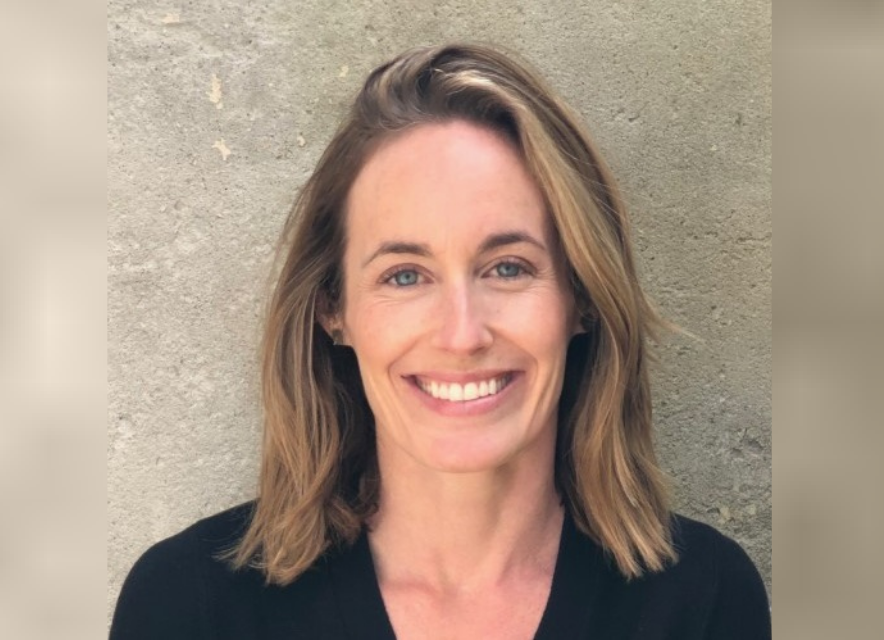
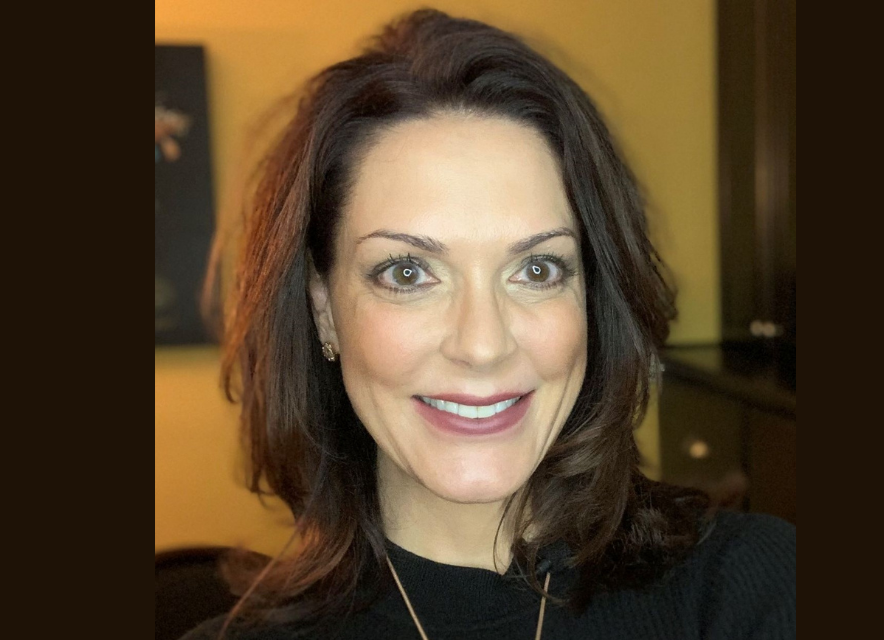
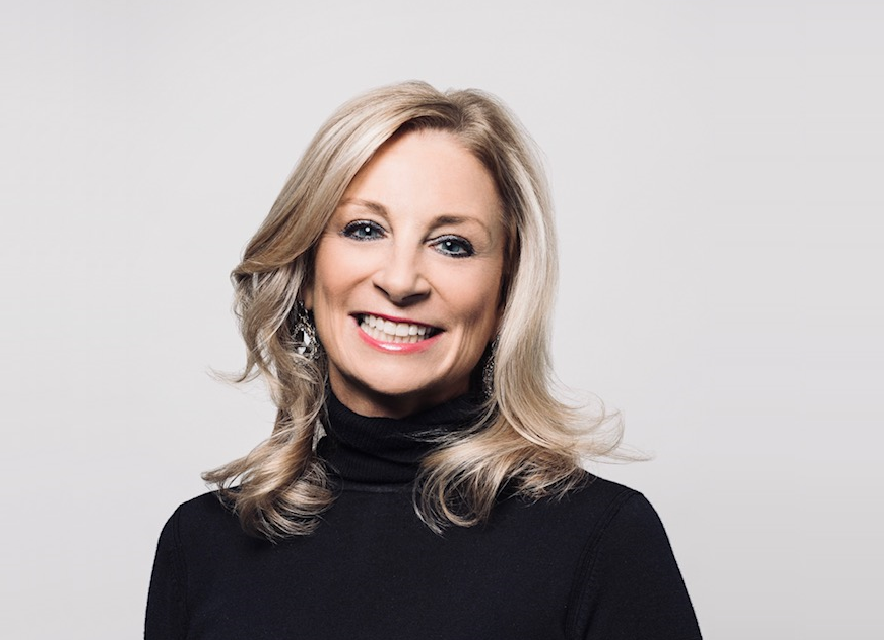
Leave A Comment